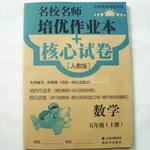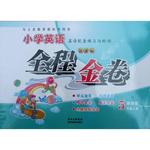题目内容
_____, he tries his best to make a living by himself.
A. Disabled as he is B. Disabled although he is
C. As he is disabled D. Despite he is disabled
A

练习册系列答案
 名校名师培优作业本加核心试卷系列答案
名校名师培优作业本加核心试卷系列答案 全程金卷系列答案
全程金卷系列答案
相关题目
题目内容
_____, he tries his best to make a living by himself.
A. Disabled as he is B. Disabled although he is
C. As he is disabled D. Despite he is disabled
A

 名校名师培优作业本加核心试卷系列答案
名校名师培优作业本加核心试卷系列答案 全程金卷系列答案
全程金卷系列答案